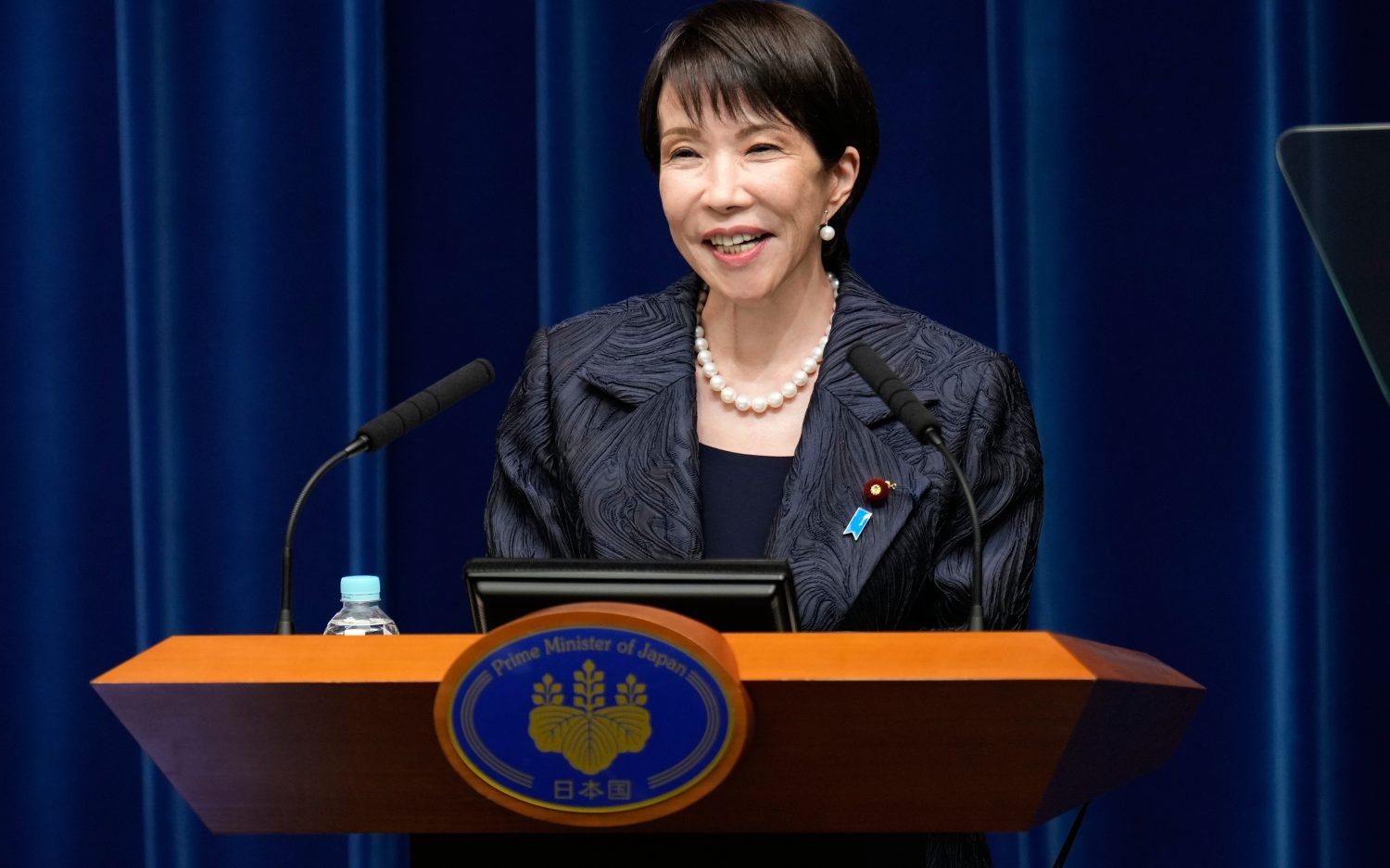Common reading or early college indoctrination?
For many undergraduates, the first taste of college-level reading is not Plato or Shakespeare but New York Times and Wall Street Journal bestsellers. Many colleges assign students, especially incoming freshmen, a “common reading” to complete over the summer and discuss together when they arrive on campus. While colleges aim for stimulating and relevant choices, critics claim the texts tend to advance a liberal agenda and lack college-level difficulty.
The University of Florida (UF) lists these criteria for its common reading books: “interdisciplinary, global, recently published, and relatable to both first-year students and the UF community.” This year, UF administrators chose The Good Food Revolution (2012)by Will Allen.
The National Association of Scholars (NAS) study “Beach Books: 2012-2013” shows most schools choose modern books on current topics for their common reading programs. Of the 309 institutions surveyed, 97 percent assigned works published in 1990 or later. More than a third of the colleges selected a book on racial or ethnic themes. Other popular subjects included poverty, coming of age, orphans, and animal rights or food.
In a 2008 commentary on common reading programs, Jenna Ashley Robinson from the Pope Center for Higher Education Policy described the books as “faddish or polemical.” Her 2010 commentary said the selections “highlight the obsession that faculty and administrators have with leftist doctrine, which is advanced by stories of oppression, guilt, and inequality.”
Some schools have sparked widespread controversy with their selections, such as the College of Charleston’s 2013 choice, Fun Home. The school provided freshmen the graphic novel by Alison Bechdel, which details “the relationship of the author and her closeted-gay father, and her own personal coming-out as a lesbian,” according to University Business.
The University of North Carolina at Chapel Hill has also met with pushback over past summer reading, such as Approaching the Qur’án: The Early Revelations,translated and introduced by Michael Sells. This year, the university chose The Round House,by Louise Erdrich, published in 2012. It deals with Native American history as well as sexual assault, a common topic on college campuses today. It is “a riveting encounter with a number of raw and resonant issues in American culture, particularly concerning rape,” according to UNC English professor Minrose Gwin.
A selection committee of three faculty, three staff, and three students chose the book and were “trying to represent what the campus is thinking about,” said Alison Spannaus, associate director of new student and Carolina parent programs.
Reading the book is not mandatory, but it is strongly encouraged. The university wants the discussion to stretch students’ thinking on current issues and cultivate an intellectual climate on campus: “College is a time to sort of expand their horizons and see what the world offers,” said Spannaus.
The NAS study showed many institutions choose the same popular books for this task. In 2012, 31 institutions assigned The Immortal Life of Henrietta Lacks (2010), by Rebecca Skloot, and 18 assigned The Other Wes Moore (2010), by Wes Moore.
But some scholars believe the best way to stretch students involves returning to the classics. NAS President Peter Wood suggested time-tested books broaden students’ horizons by providing perspectives from a different period, “from outside a world the students are already familiar with.” He believes recent and “relevant” books often “recycle current political clichés” without introducing students to new angles.
Wood also lamented the “really uninspiring level of intellectual difficulty” of many schools’ choices, finding the language and arguments no better than the average newspaper or blog.
The NAS supports schools’ goals to expand students’ horizons and give them new things to think about but believes schools are choosing the wrong books for the job. Instead, it suggests works such as Things Fall Apart (1958) by Chinua Achebe, The Autobiography of Benjamin Franklin (1791) by Benjamin Franklin, or Confessions (398 A.D.) by Augustine.
“We think the students should be pushed a bit,” Wood said.
An actual newsletter worth subscribing to instead of just a collection of links. —Adam
Sign up to receive The Sift email newsletter each weekday morning for the latest headlines from WORLD’s breaking news team.




Please wait while we load the latest comments...
Comments
Please register, subscribe, or log in to comment on this article.